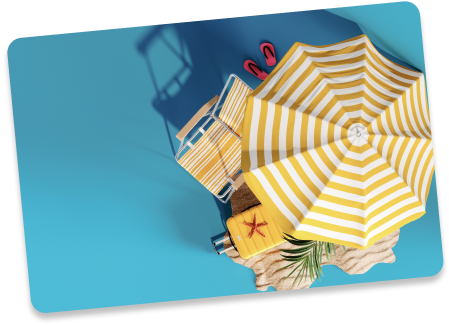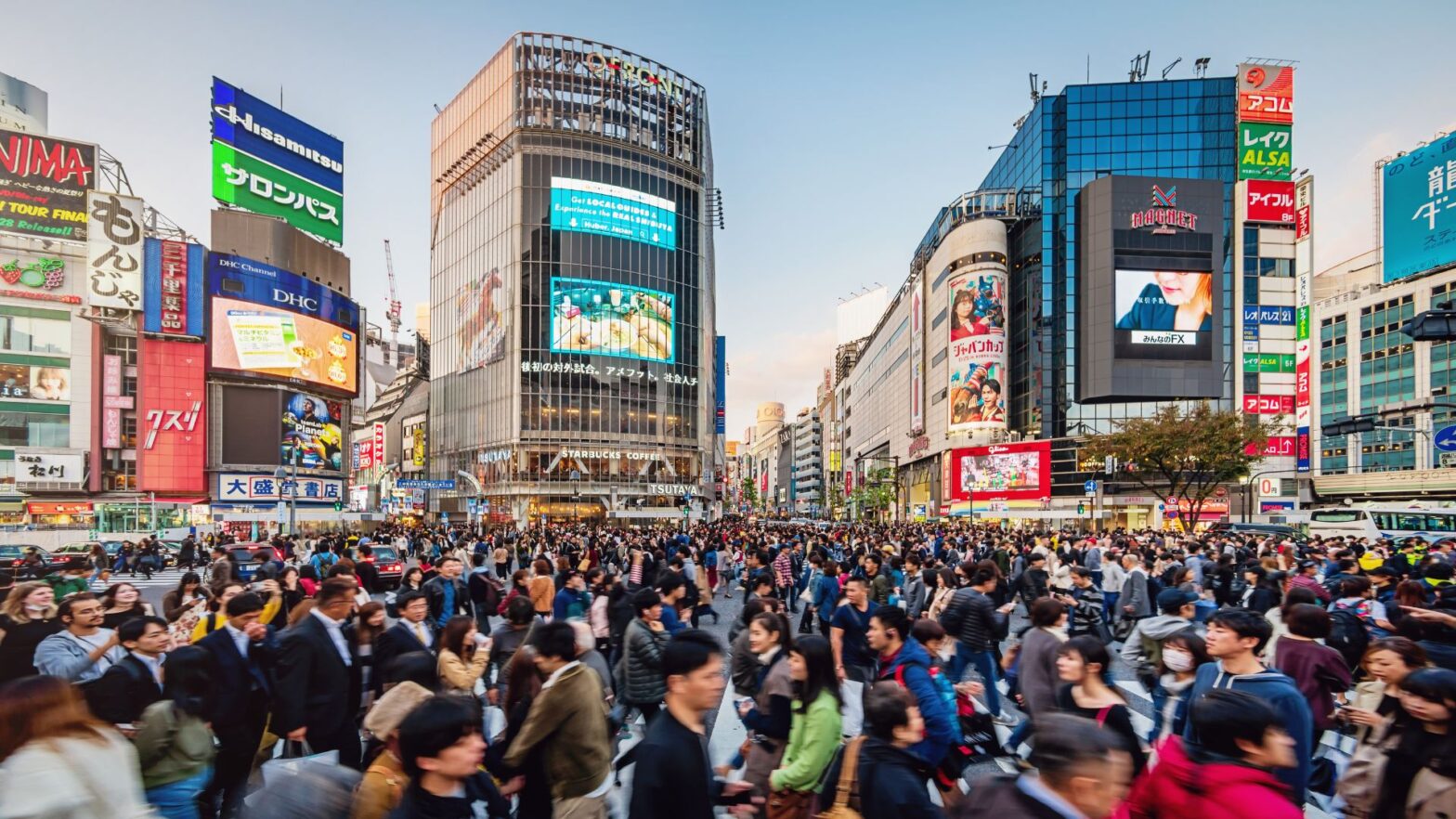In the summer and early autumn of 2024 there was significant media coverage of protests against tourists and overtourism. Notably, this included Greece and Spain, two nations for which tourism generates important revenue. So what was at the heart of this unhappiness and what does it mean for the tourist? Two factors dominate the unease: property prices and resources – water, in particular. Concerns around overcrowding and the loss of what makes a place unique are also high on the list.
These factors do not mean we should stop visiting these beautiful and genuinely friendly countries. But it does suggest we should try to understand the concerns of those affected by overtourism or the perception of it. Then we can consider adjusting some of our choices in order to help relieve the pressure where it’s hurting most.
Tourism and tourists – dilemmas whichever way you turn?
For the tourist it can be intimidating to visit areas that have seen local anti-tourist protests. But these are still destinations worth visiting, often with great beaches, captivating countryside, and lively restaurants serving delicious food. For the locals there is a similar challenge: often tourism is the greatest single source of income, so antagonising tourists in very much like cutting off a nose to spite the face.
As is often the case, there is a middle ground that can help establish mutually beneficial arrangements. Sometimes local residents take practical but unusual actions. In Barcelona, for example, the local council seems to have asked Google to remove from Google Maps a bus route that goes to Antoni Gaudí’s Park Güell, the city’s second most popular attraction. The result is that local residents can now use the bus service without it being routinely overcrowded with tourists. Tourists still seem to be seeing the sites, but not all via the same single bus route.
What can tourists do to reduce overtourism?
Stopping all tourism is not the solution. Many destinations rely on tourists, so the answers lies in how tourism can be best managed, not in abolition.
As part of this process, individual tourists can consider three key factors when deciding to go on holiday. The first of these is timing, the second is choice of accommodation, and the third is about where to go. All these can help alleviate pressure on accommodation and resources, including water. It’s worth looking at them in more detail.
When should we go on holiday?
For some there is a limited choice. Typically this applies to families with school-age children, but it can also affect individuals in jobs where particular times of year are especially busy. If we do have a choice it’s worth considering “shoulder” seasons – the period before and after the main or “peak” tourist season. There are advantages with this. Prices will generally be more competitive and destinations will usually be less crowded. For Mediterranean resorts, you’re also less likely to be hit with a heat wave. And so long as you’re not looking for wall to wall sunshine, these seasons can be stretched into early spring and late autumn, taking care to avoid school half terms.
Be thoughtful about accommodation choices
Challenges around the shortage of accommodation for locals in popular tourist destinations cannot be fixed with any one single action. However, thoughtful choices by tourists can help. For example, staying in hotels or guest houses has significant benefits over using an Airbnb or similar. First, reduced demand for self-catering apartments will eventually reduce supply, returning more accommodation to the local market. Second, staying in hotels helps keep those business going and employing staff. Additionally, simply by being in a hotel we will probably interact more regularly with local people than would be the case if self-catering. This makes for a more interesting holiday with a broader range of insights than we might other experience.
As a tourist, where should we go?
Let’s not pretend holiday are in any way bad. They help us re-charge our internal “batteries”, they bring us pleasure, we experience new places and different cuisine, and the travel industry brings employment to many destinations which would otherwise struggle to provide employment. So the choice is not whether we should go on holiday, but perhaps where.
This is recognised in the new(-ish) trend of destination “dupes” or duplicates. These are destinations that make credible alternatives to better known and busier (and potentially more stressed) locations. For example, as an alternative to Amsterdam or Bruges, why not explore Ghent or Liege? As a substitute for Switzerland or Austria, consider Slovenia and inland Croatia – both regions with beautiful mountain scenery, lakes and rivers, with accompanying spa resorts as well as plentiful things to do and see. For beach focused holidays, rather than sticking with the Algarve or the Balearics, why not try northern Portugal or the nearby regions of northern Spain?
Our choices as a tourist can have multiple benefits
Considering these factors need not be burdensome. And rather than opting for a well-known location or choosing peak season, exploring somewhere new, perhaps in the spring or autumn rather than high summer, brings its own delights. In the process, it relieves the pressure from the big resort areas and simultaneously brings new business to quieter places that will appreciate a few more tourists. Holidays are good, and in a world where sustainability is increasingly important, making choices that sensibly benefit everyone involved in tourism has to be something to be applauded.
By Declan Morton, writer and editor at Essiell Ltd and Money4Travel.
More about the author.





